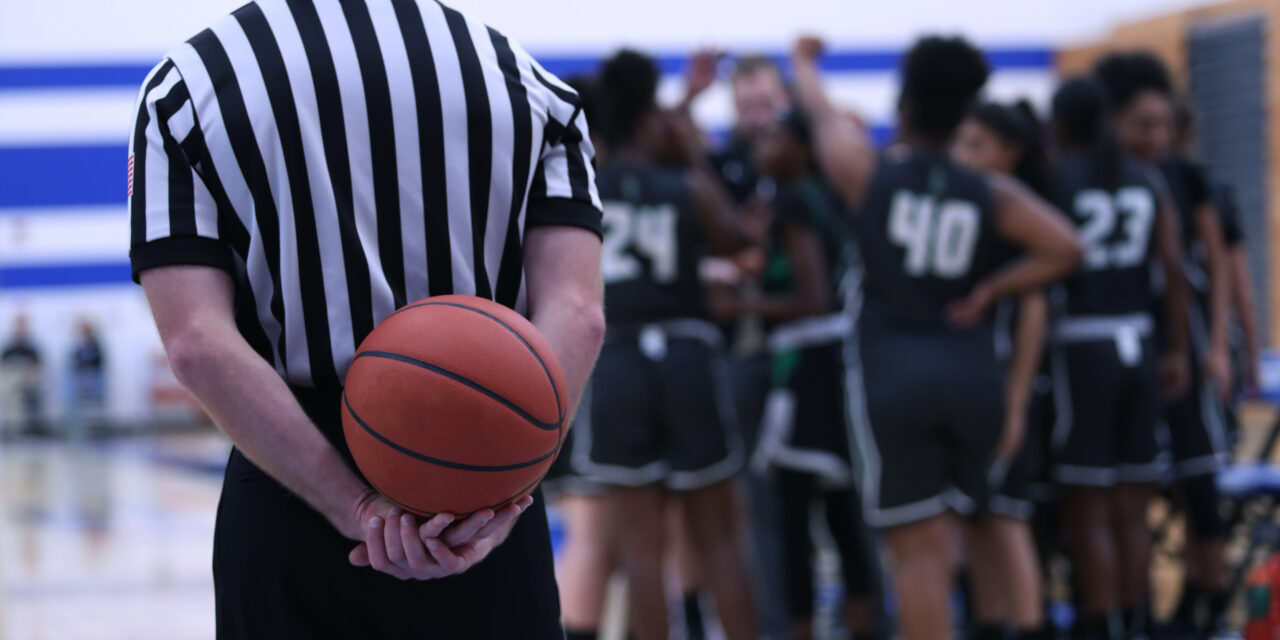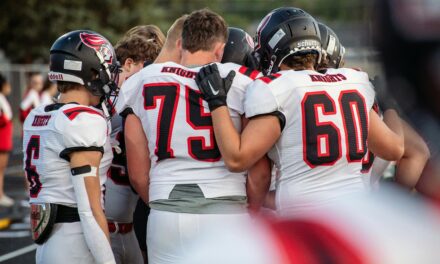The nationwide shortage of high school sports officials has created new pressures for athletic directors — particularly those in large-enrollment schools where competition schedules are dense and expectations are high. This is yet another obstacle in the growing list of responsibilities to keep games on track and compliant with governing body regulations. From recruitment to retention, the lifecycle of high school sports officials requires special attention.
In the past, athletic directors relied on local assignors and veteran crews to fill out officiating rosters. Now, ADs assume a more proactive role in recruiting officials — investing time in communication, outreach, and even marketing to ensure their school is sought after by officials. This changing landscape involves direct contact with association leaders, promoting the quality of facilities, and organizing seamless game day preparations that minimize confusion.
Practical Recruitment Sources
Given the uphill battle of dwindling interest in the officiating profession, athletic directors are taking on the challenge of recruitment themselves. Some partner with local colleges, others encourage former athletes to try officiating as a way to stay in the game. Digital platforms also play a role in the new hiring ecosystem. Social media groups for state officials, school athletics pages, and even LinkedIn networks have become valuable tools for ADs trying to fill last-minute gaps.
More and more, directors are treating high school sports operations like small businesses — where communication, branding, and customer experience matter just as much as logistics. These grassroots tactics aim to expand the pool of future officials while educating the community on the importance of sports officials.
Creating a welcoming environment for officials
Once an official commits to working a game, the officiating experience becomes just as critical as the hiring. Athletic directors who are considerate and thoughtful toward their officials are likely to attract more in the future. Providing officials with clear parking instructions, clean locker rooms, pregame communication, and postgame hospitality builds a positive reputation. Word travels fast, and small gestures like reserved parking or a cold bottle of water goes a long way toward ensuring that officials return.
Many utilize checklists and referee scheduling software to streamline assignments and game day logistics. A well-organized environment shows professionalism and removes unnecessary stress. Treating officials with respect and building strong relationships with them is also the best way to guarantee reliability.
Retaining great officials starts with relationships
Hiring an official once is a short-term fix — but keeping them coming back is the mark of a great program. Retention hinges on relationship-building. To succeed in this area, maintain personal contact with veteran crews, check in regularly throughout the season, and send thank-you messages after challenging or high-profile games. These simple acts of appreciation reinforce that officials are instrumental members of the school’s athletics.
As the officiating landscape evolves, the most successful ADs adapt their strategies to stay ahead. By mastering both recruitment and retention, it shows that officials are respected and their value is recognized throughout the greater school community.










